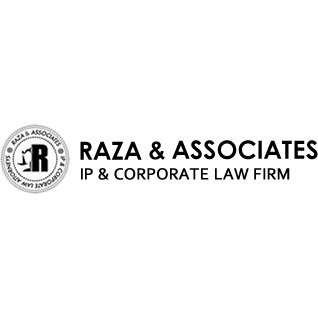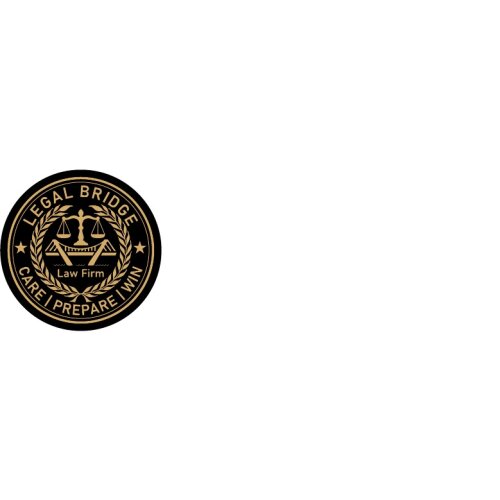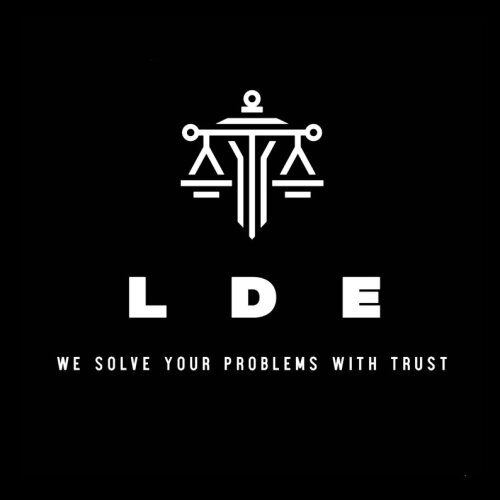Best Citizenship Lawyers in Lahore
Share your needs with us, get contacted by law firms.
Free. Takes 2 min.
List of the best lawyers in Lahore, Pakistan
About Citizenship Law in Lahore, Pakistan
The Citizenship Law of Pakistan provides the governing rules regarding qualifying criteria, rights, and issues pertaining to citizenship in Pakistan, including Lahore. According to the Pakistan Citizenship Act of 1951, Citizenship can be acquired by birth, descent, or naturalization. It also covers dual citizenship conditions, where specific bilateral agreements with other countries exist. However, the law is intricate and complex and may necessitate professional legal aid to navigate effectively.
Why You May Need a Lawyer
In situations like applying for Pakistani citizenship, dealing with the revocation of citizenship, understanding conditions for dual citizenship, or issues related to naturalization, a lawyer's expertise may be required. Legal professionals are well-versed in local, federal law interpretations, and procedures and can provide necessary guidance and representation. They can also help ensure all your paperwork is correctly handled and submitted, improving your odds of a successful application or appeal.
Local Laws Overview
Local laws about citizenship in Lahore align with the federal Pakistan Citizenship Act, 1951. This includes the rules about citizenship by birth, where anyone born in Pakistan (except for children of certain foreign diplomats or enemies of the state) can become a citizen. Citizenship by descent is granted if one parent is a Pakistani citizen at the time of the child’s birth. Citizenship by naturalization applies to individuals who have legally resided in Pakistan for a prescribed period, and have demonstrated good character and understanding of the Urdu language.
Frequently Asked Questions
Can a Foreign Spouse Apply for Pakistani Citizenship?
Yes, if a foreign man or woman is married to a Pakistani citizen, they can apply for citizenship by registration.
Can Pakistan's Citizenship be Dual?
Pakistan allows dual citizenship with certain countries, largely thanks to bilateral agreements. However, the specification of the countries should be checked from official resources.
Is Citizenship by Investment Available in Lahore, Pakistan?
Currently, Pakistan does not offer citizenship by investment.
Can One Lose Pakistani Citizenship?
Yes, the Pakistan Citizenship Act stipulates circumstances under which citizenship may be terminated, often linked to actions against the state's interests.
How long does it take for a Citizenship Application to be processed?
The timeframe can vary, but once all documentation requirements are met, it can take up to approximately 5 to 7 months for a citizenship application to be processed.
Additional Resources
The Directorate General Immigration & Passports under the Ministry of Interior, Government of Pakistan, is the key government body overseeing citizenship matters. Their website provides necessary details about the laws, procedures, and forms related to Pakistani citizenship. For laws related to citizenship, you can refer to the Pakistan Citizenship Act, 1951, which is available online.
Next Steps
If you require legal assistance, it is advisable to contact a legal professional specializing in citizenship law. Additionally, you may seek initial guidance from free legal aid services provided by non-profit organizations or government bodies that exist to support citizens or migrants. Once you find a lawyer, ensure to gather all relevant documents and discuss your situation in detail to better facilitate your case.
Lawzana helps you find the best lawyers and law firms in Lahore through a curated and pre-screened list of qualified legal professionals. Our platform offers rankings and detailed profiles of attorneys and law firms, allowing you to compare based on practice areas, including Citizenship, experience, and client feedback.
Each profile includes a description of the firm's areas of practice, client reviews, team members and partners, year of establishment, spoken languages, office locations, contact information, social media presence, and any published articles or resources. Most firms on our platform speak English and are experienced in both local and international legal matters.
Get a quote from top-rated law firms in Lahore, Pakistan — quickly, securely, and without unnecessary hassle.
Disclaimer:
The information provided on this page is for general informational purposes only and does not constitute legal advice. While we strive to ensure the accuracy and relevance of the content, legal information may change over time, and interpretations of the law can vary. You should always consult with a qualified legal professional for advice specific to your situation.
We disclaim all liability for actions taken or not taken based on the content of this page. If you believe any information is incorrect or outdated, please contact us, and we will review and update it where appropriate.

















